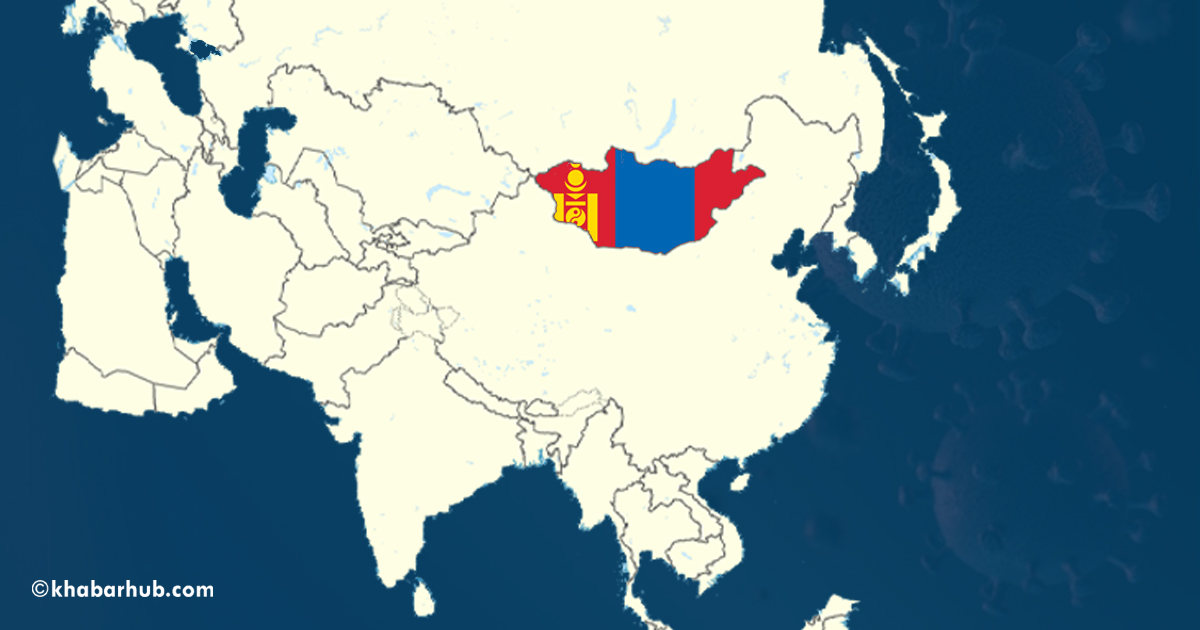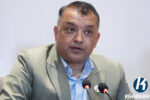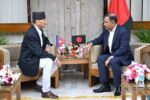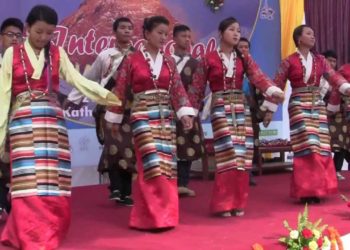On 10 March 2020, Mongolia confirmed the country’s first positive case of COVID-19. Amidst the world grappling with COVID-19 deaths, Mongolia has been successfully containing the virus, with 186 lives affected till date.
Mongolia, a land-locked country, sharing 4,630 kms of border with China where the outbreak of COVID-19 started, while also sharing border with Russia, where the rate of infection has been increasing at a fast rate with over 5,000 deaths till date, has become a model in Asia which has been able to handle the epidemic, in a swift manner, with no causalities.
The first case in Mongolia was reported in the Dornogobi province in a French national. With the first case getting imported, the country and the State Emergency Commission quickly tracked and quarantined the other persons that came in contact with this patient.
Also, the Commission raised concerns that despite giving advisories, such irresponsible behaviour had taken place, and proper action would be taken for such act.
The Mongolian Government was able to quickly mobilize a COVID-19 task force of 832 individuals monitoring 336 checkpoints around the country as early as 23 February 2020.
The Mongolian government was among the first few to implement widespread restrictions in response to the Coronavirus from January onwards, as the virus rapidly spread through neighbouring China, and then across the world.
The Government of Mongolia immediately started off with closing down borders, and restricted movement both within the country and also by cancelling transport facilities.
The authorities declared the state of high alert by 13 February and quickly implemented a broad range of measures including a travel ban from high-risk countries, temporary suspension of coal exports to China, physical distancing, public events cancellations that of Tsagaan Sar which is the Mongolian New Year and initiated “Tsets’ TV program so that quarantined people could enjoy the show, to know more about the culture and heritage of the country.
The Mongolian Government was able to quickly mobilize a COVID-19 task force of 832 individuals monitoring 336 checkpoints around the country as early as 23 February 2020.
Within the framework of the disaster protection training on “Interaction and response to the COVID-19 pandemic”, a “Foot Quarantine” exercise was successfully organized in Mongolia.
Initially, the government gave immediate direction to schools to close down as Mongolian children had already been affected severely with Flu, last winter.
The World Bank’s Board of Executive Directors has approved fund for the Mongolia COVID-19 Emergency Response and Health System Preparedness Project to meet emergency needs in the face of the pandemic and to better prepare for future health crises.
The government started sending daily text messages to citizens with reminders to wear face masks and wash their hands and these were also broadcasted regularly on every television channel, to ensure wider public awareness and participation.
COVID-19 is triggering a severe economic slowdown in Mongolia. The current turmoil in the global economy and commodity markets has reduced revenues, increased balance of payment pressures, and accentuated financial sector risks.
The economy of Mongolia is heavily dependent on mining, which accounts for almost a quarter of gross domestic product and 90 percent of exports.
The sector has already been swinging due to the declining commodity prices and lower quality of mineral exports. The economic growth weakened to 5.1 percent in 2019 from 7.2 percent in 2018 and 5.4 percent in 2017, and is expected to decline due to the pandemic.
Mongolia is also heavily dependent on trade with its neighbour, the People’s Republic of China, where an economic slowdown has triggered a sharp fall in export prices in Mongolia and badly hit the transport, tourism, retail, trade and services sectors.
In Mongolia, the World Bank has been working closely with the government to address the challenges brought by the COVID-19 pandemic.
The World Bank’s Board of Executive Directors has approved fund for the Mongolia COVID-19 Emergency Response and Health System Preparedness Project to meet emergency needs in the face of the pandemic and to better prepare for future health crises.
Countries like Mongolia have shown the way, how at a low cost health infrastructure, one can manage to fight against the pandemic with complete resilience.
The project has been prepared to address the immediate needs in response to COVID-19 such as training for emergency care doctors, nurses and paramedical staff; purchase of medical and laboratory equipment and supplies as well as build COVID-19 diagnostic capacity in Ulaanbaatar and all provinces.
It will also rehabilitate health facilities; institute infection control measures and training across health facilities; and support public health information and communication campaigns for disease prevention and management.
The Asian Development Bank (ADB) has also approved a USD 100 million loan to the Government of Mongolia to mitigate the severe health and economic impacts of the novel Coronavirus disease (COVID-19) pandemic while appreciating the efforts of the Mongolian Government by ensuring containing the virus.
ADB’s assistance has been ensured to fund critical support to vulnerable people and businesses, and assist the government in managing the economic impact of the crisis and responding to the health and social protection needs the pandemic has created.
Countries like Mongolia have shown the way, how at a low cost health infrastructure, one can manage to fight against the pandemic with complete resilience.
It has immediately taken steps to expand special health centre for COVID-19 patients and has announced an economic stimulus package to ensure the fight for public health along with to cope with a staggering economy.
Not only that, the awareness programmes and the literate civil society has been an add-on boon to the country which has acted responsibly in fighting against the pandemic.
(The writer is Research Scholar at Center for Inner Asian Studies, School of International Studies, Jawaharlal Nehru University, India)









Comment